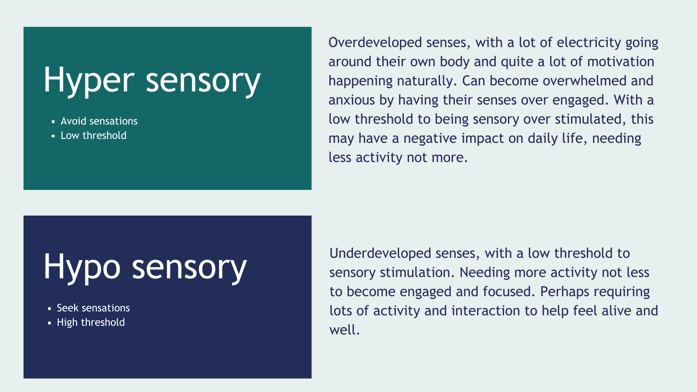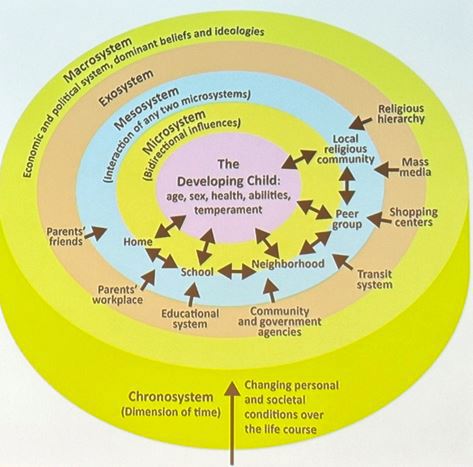Broadening awareness of and working with Neurodiversity
During Neurodiversity Celebration Week (18-22 March), the team at CORC undertook a variety of activities each day within Anna Freud to continue to broaden staff’s awareness, including a panel of Anna Freud staff and young champions with lived experience, and discussion with Kieran Rose, the Autistic Advocate.
This year’s BACP Children, Young People and Families conference also took place on 9 March with the theme of ‘Neurodiversity: the therapeutic encounter’, a topic voted for by BACP members. It had a hybrid attendance of 1,300 members, by those working with children and young people.
At CORC we want to ensure we can provide outcome measure resources and information that can be effective for those working with all children and young people, and wanted to share useful findings from the event, for those interacting or working with diagnosed or un-diagnosed neurodivergent individuals.
As practitioners know, it’s key to connect with the individual young person in the room, getting to know them, their ways and what it is they perceive they are having difficulty with and what is impacting their wellbeing, without any judgement, or the practitioner’s filter of the world getting in the way. It could be that a neurotypical practitioner is together with a neurodivergent young person, and it's important to ensure there is no empathy gap or unconscious bias taking place. Schools, systems and the world at large are currently set up with an expectation to conform to neurotypical tendancies, which those with neurodivergence may be struggling to 'fit in' with, having an affect on their mental health and wellbeing
For a young person with neurodivergence, their individual sensory needs should be considered. They have their own unique ways of experiencing their environment and people they come into contact with and often present with high anxiety as a result. Only 7% of communication is verbal, and if the young person is experiencing all other senses in more hyper and/or hypo way, this can be overwhelming, or difficult for them to comprehend.

This can start with understanding from the young person whether they are happy with the layout of the room, whether anything feels uncomfortable, how they feel about silence, that they are okay with their personal space, ensuring they can feel able to collaborate with what to do in the session, and of course providing sensory objects to help with a sense of calm. This opens up discussion and awareness of their sensory needs and how these aspects might be impacting their life too. When they are feeling enclosed, frustrated or overwhelmed they may come across as aggressive to people in their world, but having awareness of this in the therapy room creates a safe and comfortable space for them.
How they individually are experiencing the environment and systems that are interacting or competing around them will therefore be having an impact on their wellbeing. Smell, touch, sight, diet, their balance and other body sensations will also be making this more intense for them.

(image shared by Edith Bell, Clinical Director of Family Works)
Using the Goal Based Measures resource is an effective way to work with the young person to understand what things they’d like to improve in their world. They may need longer time to process the information being discussed and come up with their responses.
Someone with ADHD might for instance decide for themselves that one goal is ‘to get less angry’, leading the therapist to be curious what makes them angry. For someone with Autism it could be they want ‘to make friends’, or ‘be like everyone else’, for someone with Dyslexia they might want to ‘feel less panicky in class’. Using their goals to explore their world further will help to identify their particular experiences, and to realistically and supportively empower them to express what they personally find to be a challenge, and where, what or who in their personal environment could help with this goal, by bringing awareness of their needs, as well as building on their own resilience.
Finding creative and non-verbal ways for them to communicate is likely to be required across the age range. They could feel misunderstood by others, and this is a chance for them and their uniqueness to feel understood.
There are incredible aspects these young people can bring, once they can operate well in their world.
The information learned from this event, evidence-based research conducted around neurodiversity and input from CORC members will be invaluable to contribute to provide more effective support for these children and young people. We know this is having an impact on school attendance because individual needs aren’t currently being factored into the mainstream approach. However the more evidence that can be provided, the clearer the picture will be.
If you’d like CORC to work with you to collect data or devise measures that could progress this area, please get in touch.
Chrissy Norwich, CORC Communications and Marketing Officer, Member of EDI Neurodiversity working group and Counsellor working with Children, Young People and Adults